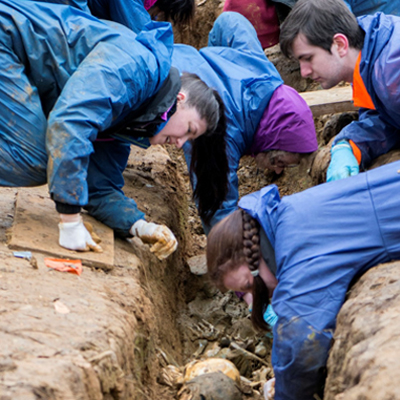At a glance
-
- Dates
-
- 18 - 22 May 2026
- Duration5 days
- LocationCranfield campus
- CostShort course £2,250, accredited short course £2,500. Concessions available
What you will learn
On successful completion of this course, you will be able to:
- Evaluate the application of an understanding of the breadth of sources of digital evidence and intelligence at the crime scene, and critically assess the value of resulting data.
- Critically appraise the nature and form of data derived from scene-based sources of digital evidence.
- Create and adapt a forensic strategy for a major crime scene that can successfully balance novel digital and traditional evidence types, minimising the risk of contamination of either.
Core content
- The nature of digital evidence sources on the crime scene,
- Adaptation of the forensic strategy to integrate digital scene evidence,
- Vehicle telematics,
- Cloud-based data storage,
- The internet of things,
- Digital devices and rules of disclosure,
- Mobile phone location,
- Wearable technology,
- Case studies.
Credits towards further study
Important notice
Please note we will not be taking registrations for the below courses (MSc, PgDip and PgCert) from the 2026-2027 academic year onwards:
Forensic Archaeology and Anthropology
Forensic Investigation
Digital Forensics
Counterterrorism, Security and Resilience
This means that we are no longer in a position to transfer credit associated with modules from these courses to Cranfield degree awards. We continue, however, to be able to support credit transfer to other university awards, subject to acceptance by the receiving institution.
This short course forms part of our Forensic programme and when successfully completed as an accredited short course you will gain 10 Cranfield learning credits.
Find out more about accredited short courses.
Who should attend
- Those operating in a professional investigative role where digital devices are encountered as part of their inquiries.
- Law enforcement, first responders, and crime scene attenders / investigators.
- Students studying forensic investigation disciplines.
Speakers
Concessions
Concessions are available for Cranfield alumni and multiple bookings from the same organisation, please contact us to discuss.Accommodation options and prices
If you would like to book accommodation on campus, please contact Mitchell Hall or Cranfield Management Development Centre directly. Further information about our on campus accommodation can be found here. Alternatively you may wish to make your own arrangements at a nearby hotel.
Location and travel
Situated close to Milton Keynes and Bedford, the Cranfield campus is situated in Wharley End, very close to Cranfield village, and is about 10 minutes from the M1 motorway. There is rail and road access to most major airports as well as coach and train stations. Cranfield campus also has its own airport for private executive business travel.
Download a visitor guide including map, directions and health and safety information.
Campus address
College Road
Cranfield
Bedfordshire
MK43 0AL
Read our Professional development (CPD) booking conditions.

